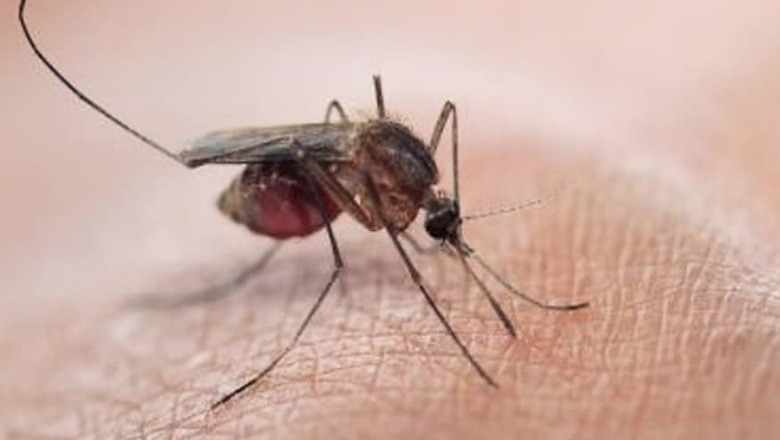
views
While the origins of the word dengue are not clear, there are theories that the word was derived from the Swahili phrase "Ka-dinga pepo". This in turn meant a, a "cramp-like seizure caused by an evil spirit" in the Swahili dialect. According to a report in the Dengue Virus Net, the Swahili world 'dinga' in all probability, has its origin in the Spanish word 'dengue', meaning fastidious or careful, which would perhaps describe the gait of a person suffering from the bone pains associated with dengue fever. Furthermore, the use of the Spanish word may derive from the similar-sounding Swahili.
Notably, slaves in the West Indies, who contracted dengue were said to have the posture and gait of a dandy and thus the disease itself came to be known as dandy fever.
According to World Health Organization (WHO), dengue is one of the fastest emerging pandemic-probe viral disease which flourishes in urban poor areas, the suburbs and the countryside.
The mosquito-borne viral infection that causes a severe flu-like illness that can turn into severe dengue has increased 30-fold over the last 50 years. According to WHO, up to 50-100 million infections are now estimated to occur annually in over 100 endemic countries, putting almost half of the world’s population at risk.
The first record of a case of probable dengue fever is in a Chinese medical encyclopedia from the Jin Dynasty (265 to 420 AD), which referred to a “water poison” associated with flying insects.
Furthermore, the first recognized Dengue epidemics occurred almost simultaneously in Asia, Africa, and North America in the 1780s, shortly after the identification and naming of the disease in 1779.
The first confirmed case was diagnosed by Benjamin Rush in 1789, who coined the term "breakbone fever" because of the symptoms of myalgia and arthralgia.
Incidentally, the viral etiology and transmission by mosquitoes was only deciphered in the 20th century.
According to Dengue Virus Net, possible factors for dengue fever spread include unplanned urban overpopulation of areas leading to inadequate housing and public health systems. Furthermore, poor vector control and climate change and viral evolution too contribute to spread of dengue fever. Increased international travel also adds to the crisis.




















Comments
0 comment